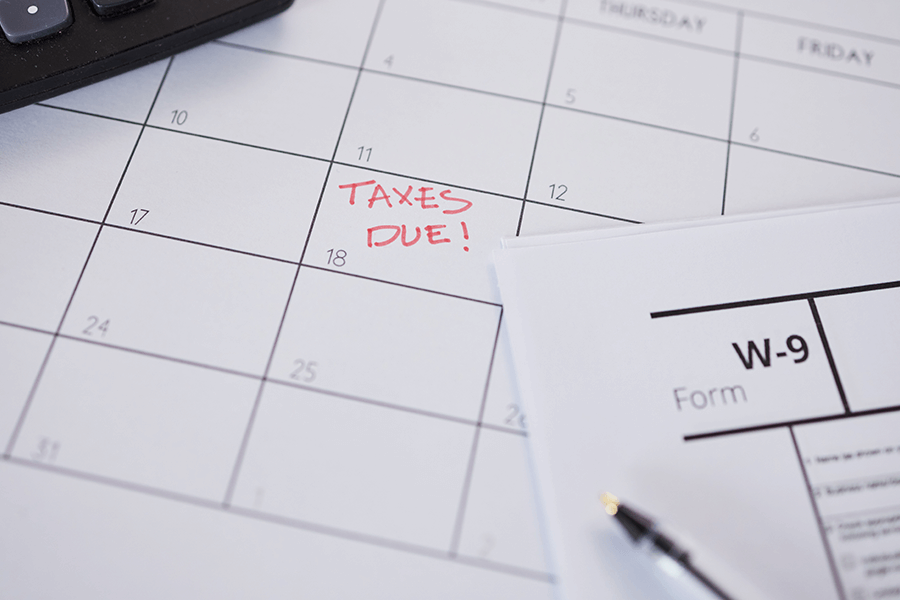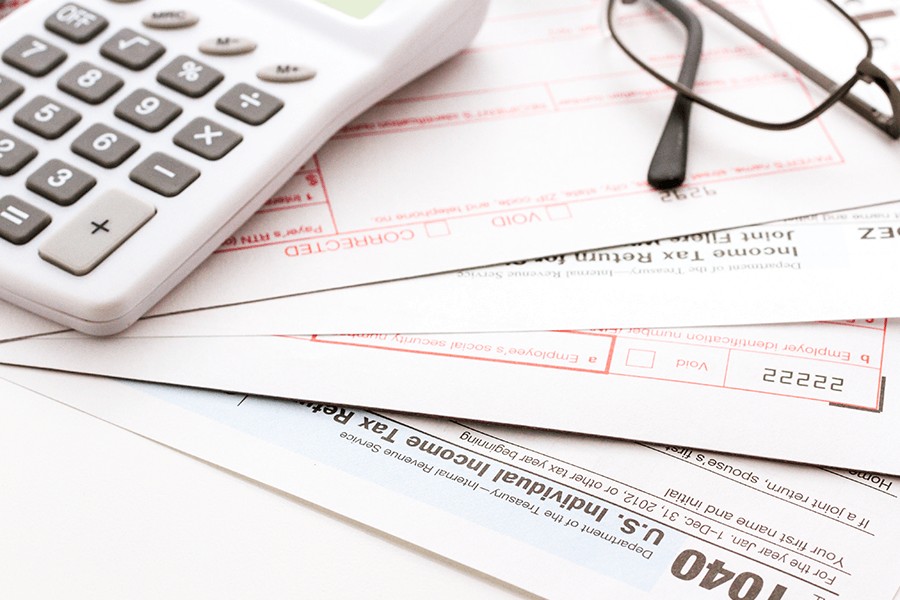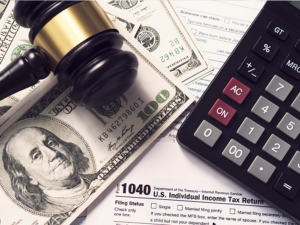
taxation
Filing your business tax return accurately and on time is not only a legal obligation but also a critical financial responsibility. Failure to meet the filing deadline can result in penalties, interest charges, and unnecessary stress. In this essay, we will explore the penalties associated with late filing and discuss strategies to mitigate them.
The Failure-to-File penalty is the most common consequence of missing the tax return deadline. Here’s how it works:
If your return is more than 60 days late, there’s a minimum Failure-to-File penalty. The amount depends on the tax year:



a. File as Soon as Possible
B. Request an Extension
C. Pay Estimated Taxes
D. Set Up a Payment Plan
e. Show Reasonable Cause
Filing your business tax return by the due date is essential to avoid penalties and interest. Take proactive steps to meet your obligations, and if you encounter challenges, explore the available solutions to minimize the financial impact. Remember that seeking professional advice can help you navigate the complexities of tax compliance effectively.
For more specific guidance related to your business, contact our Tax Group. Remember, timely filing not only saves you money but also ensures peace of mind during tax season.

Chairman, CEO, & Managing Director of Legal Services
The Law Offices of Joshua M. Stahley, P.A
We are a boutique law firm combining the breadth of practice and knowledge one would expect from a large global law firm with the personal, white glove, touch our clients love and that we proudly own as our hallmark. Our team stands ready to advise and provide counsel on matters ranging from car accidents to international tax controversies, divorce to estate planning, and everything in between.


